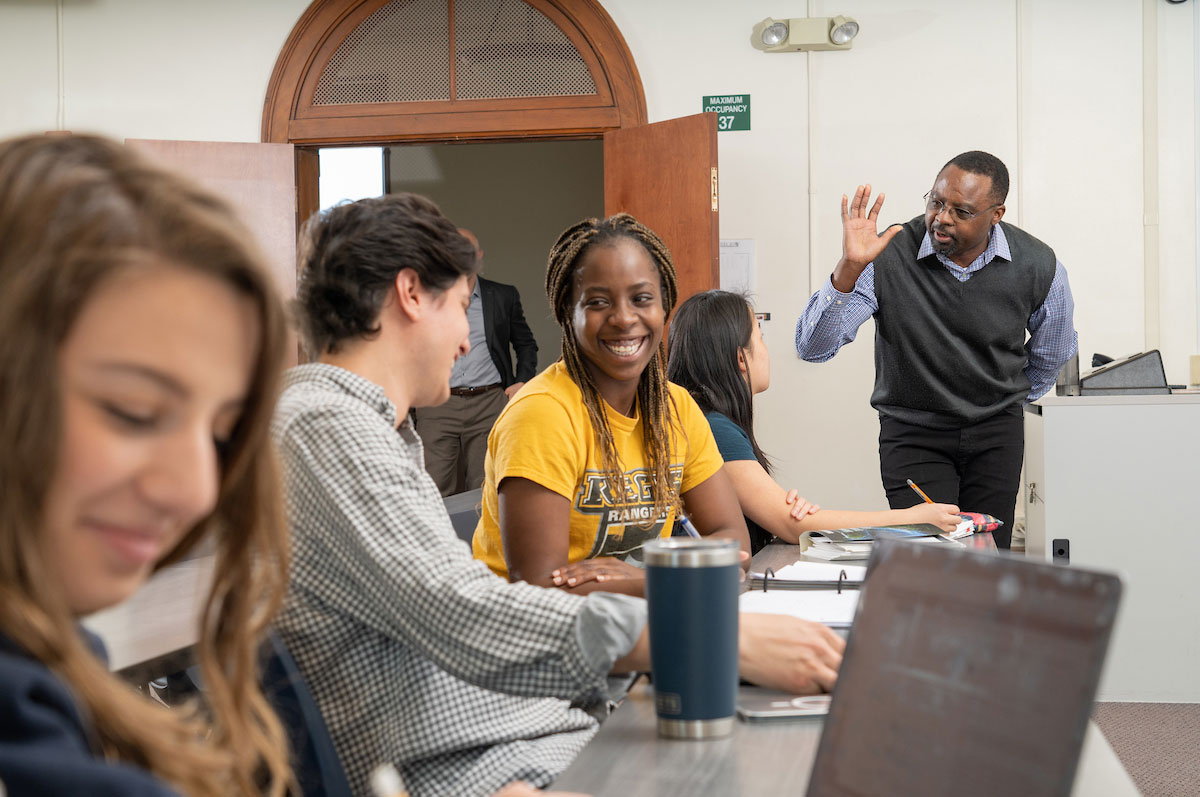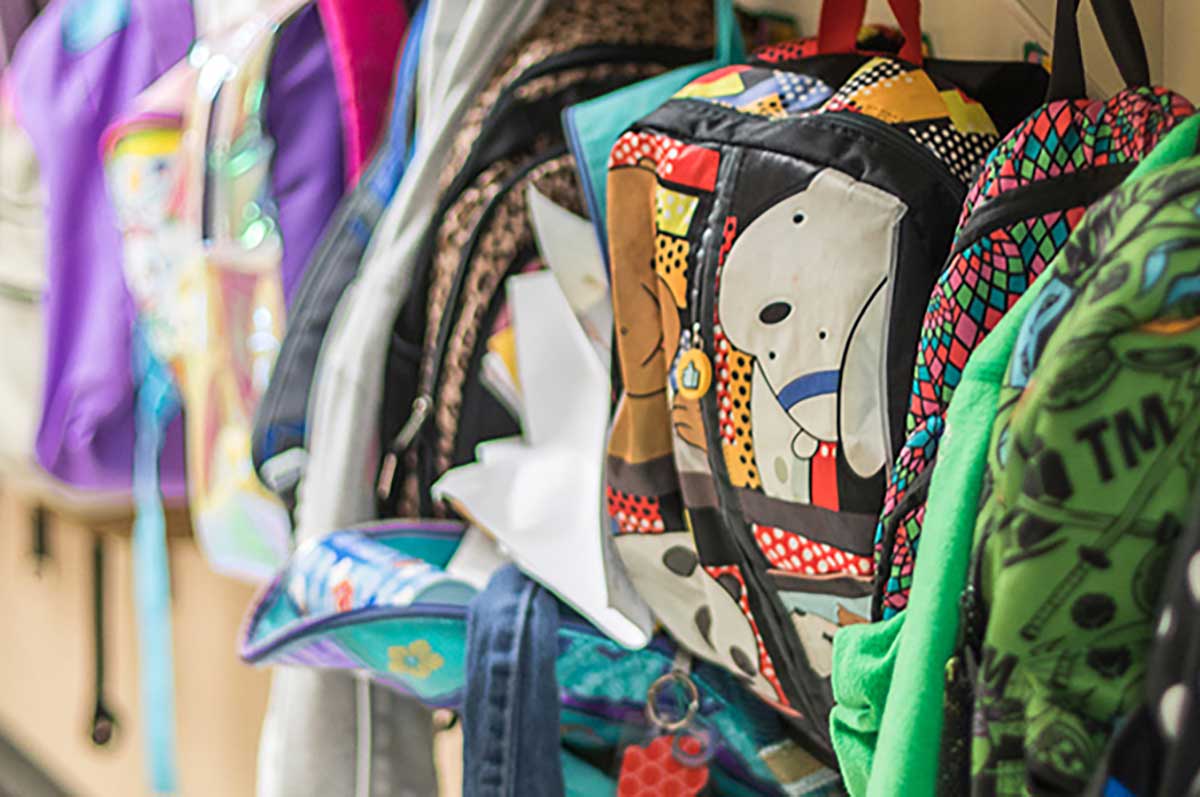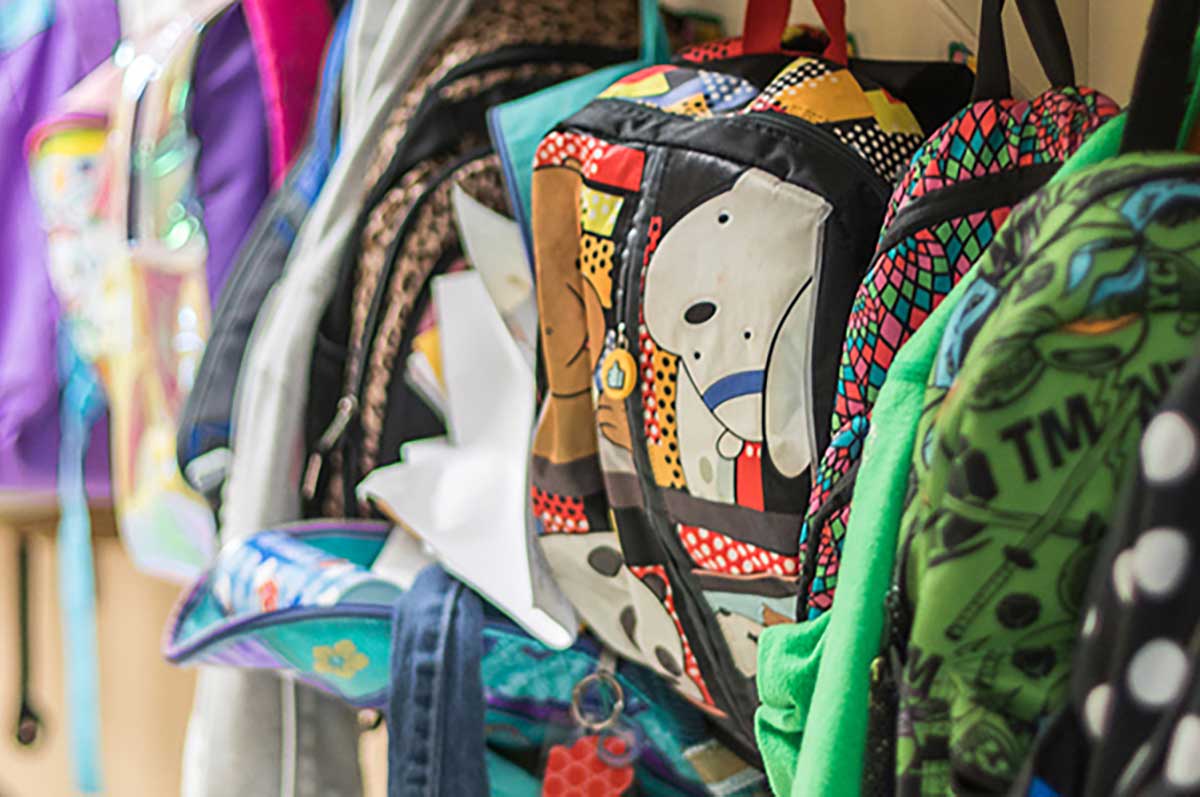How teachers centered vulnerable students during COVID-19 lockdowns
Vulnerable students need extra support in the classroom under normal circumstances. So, after schools shut down in 2020 in response to the COVID-19 pandemic, education experts at Regis University wondered: How were teachers addressing students who needed the most support?
“What we were hearing was that our teachers were really just surviving,” said Kelli Woodrow, an education professor at Regis and expert in culturally and linguistically diverse education. “They were in survival mode. We were interested to explore, within this survival mode: were they centering their vulnerable students’ learning?”
For Woodrow and a team of Regis faculty, this question led to a survey that examined the ways teachers supported vulnerable students — those who were identified as special education students, students with reading disabilities and those who needed help developing their language skills.
The team surveyed 44 teachers enrolled in programs at Regis in 2021, including the areas of culturally and linguistically diverse education, special education and reading. Later, the team conducted 90-minute focus groups with the educators. Woodrow and her colleagues presented the results at American Educational Research Association Annual Meeting this spring in San Diego.
Woodrow shared takeaways from the research — and ways teachers can keep their digital skills ready.
Struggles with student access
For most of the teachers who were surveyed, the most difficult part of remote teaching was ensuring that students could access learning resources. Major issues involved accessing technology and the internet, and for many culturally and linguistically diverse students, responsibilities at home made it difficult to attend online class. Of the teachers surveyed, 26 — more than half — said they felt either somewhat negative or very negative about their success with supporting parents and families.
Equity in the virtual classroom
Woodrow also found that teachers felt more confident with delivering general instruction — but many were concerned with instruction for vulnerable students, especially forming and maintaining positive relationships with students. Most of the teachers, 30 of the 44 surveyed, had negative feelings about student achievement during remote learning.
Developing more effective teaching methods
In focus groups, teachers also said they needed communities of practice, groups that provide opportunities to reflect with peers.
Looking forward, Woodrow recommended that teachers keep using the skills they gained during remote learning. She offered the following tips:
Build community
During remote learning, Woodrow said, teachers who felt they successfully connected with vulnerable students relied on social media to connect with fellow educators.
“We will encourage teachers in our programs to develop a community of practice locally, but also a broader, more national or global community of practice,” Woodrow said.
Group students cooperatively
Many teachers felt students weren’t engaging as much with peers during remote learning.
To help students feel more engaged, Woodrow recommended using breakout rooms to pair groups of students.
“Assigning students specific defined roles in a group is helpful,” Woodrow said. “Some students are just not in the place in their language acquisition yet where they feel comfortable in large groups. They might benefit from pair work, and they'll definitely benefit from one-on-one opportunities with the teacher."
Dedicate time to technology
Woodrow recommended that schools designate days for remote learning to maintain students’ digital skills. She encouraged teachers to teach students how to use classroom technology ahead of time.
“If you've got them in person, you can teach them how to use these technologies more efficiently than if you have to do it all remotely,” Woodrow said. “It's possible we end up in a place again where we don't have a lot of preparation time and we need to be able to pivot. So, to me, it seems like it would be valuable for schools to maintain those skills."
Are you ready to rise to the challenge of acting as an advocate, a resource and an inspiration for students and your colleagues alike? Explore opportunities to lead with a graduate degree in education from Regis University.


